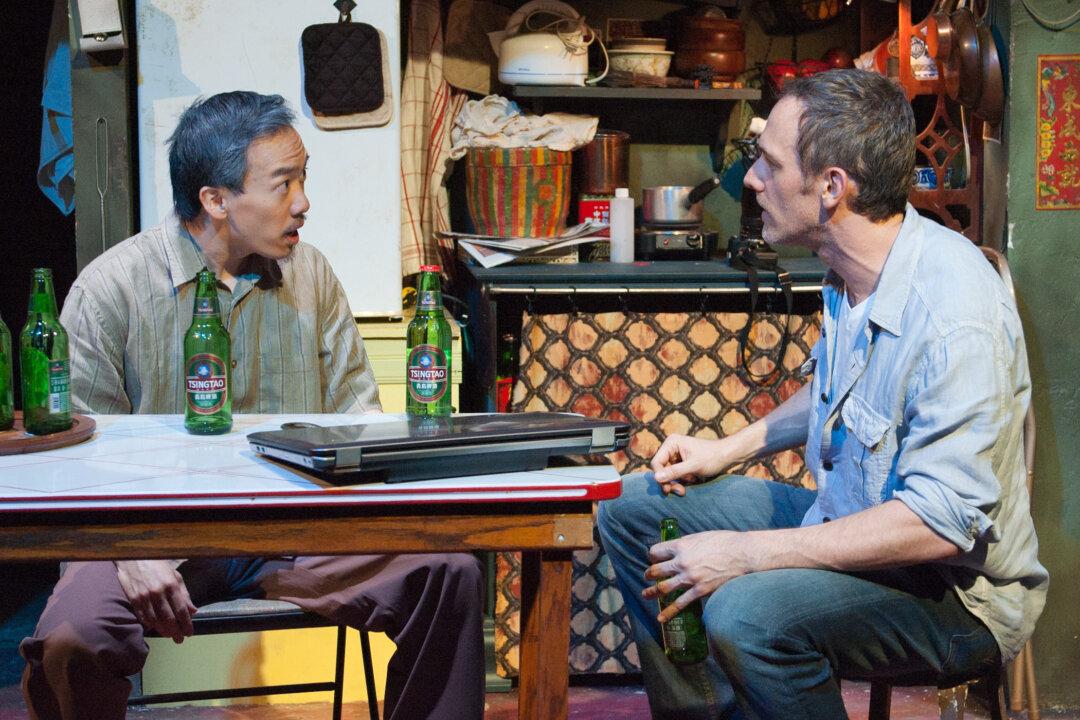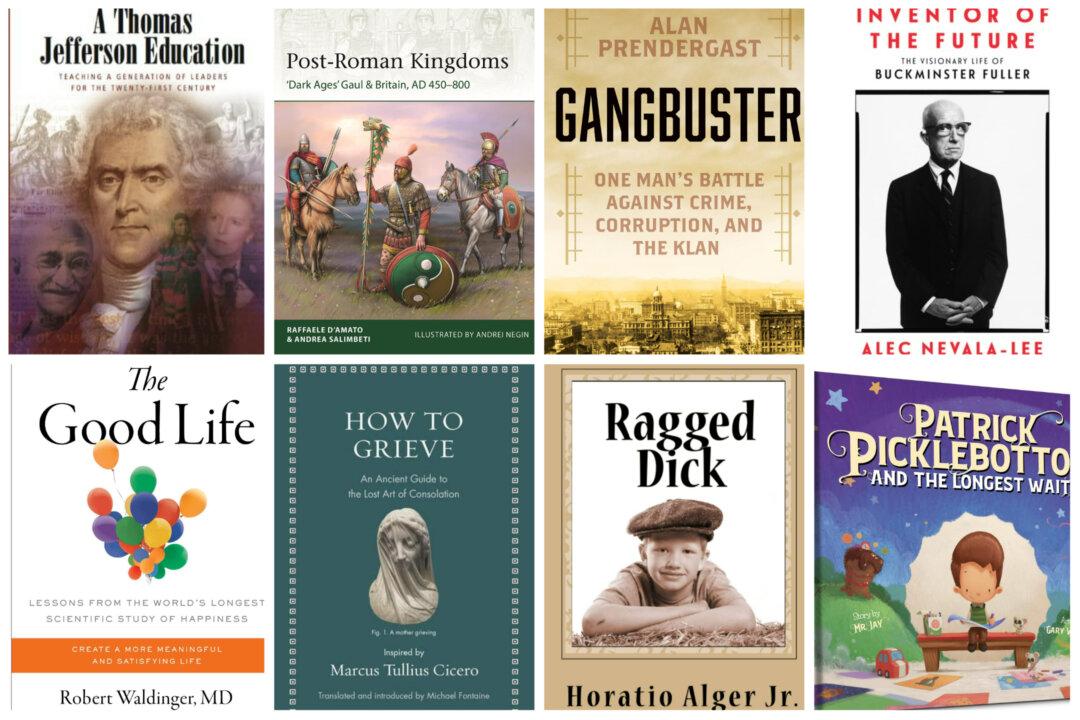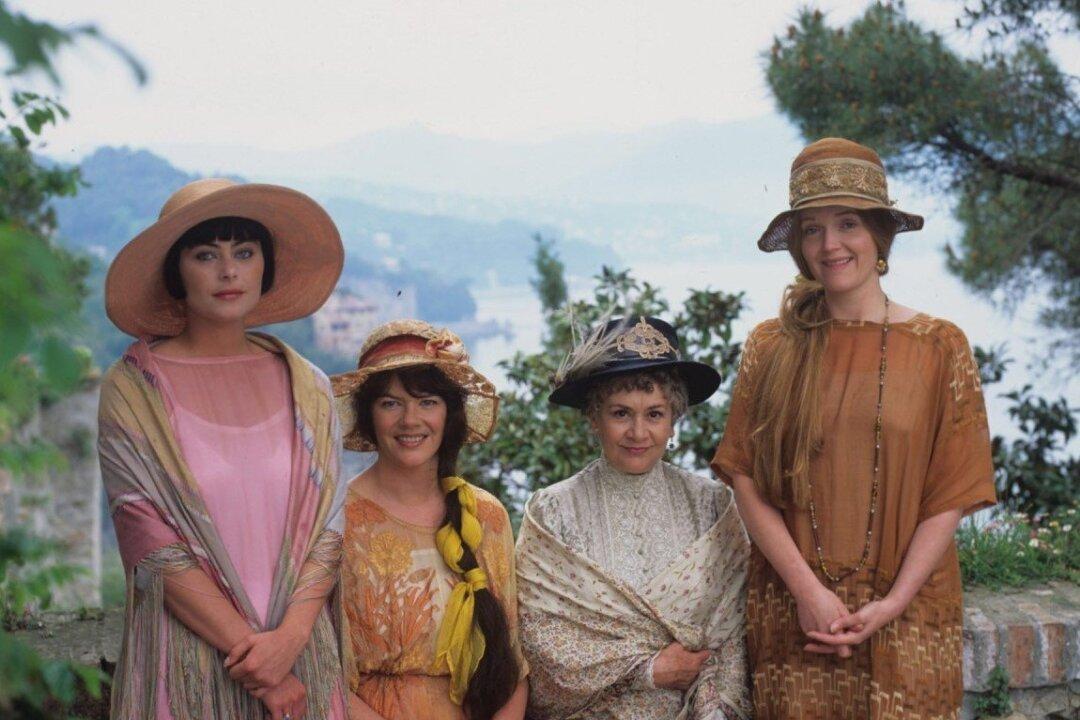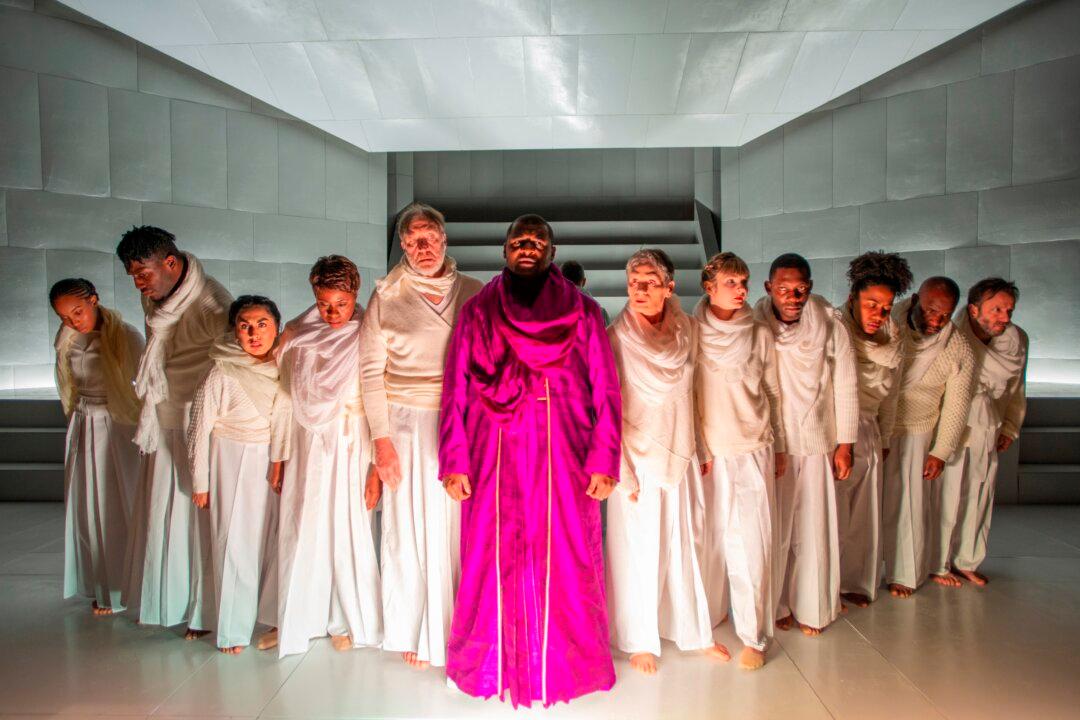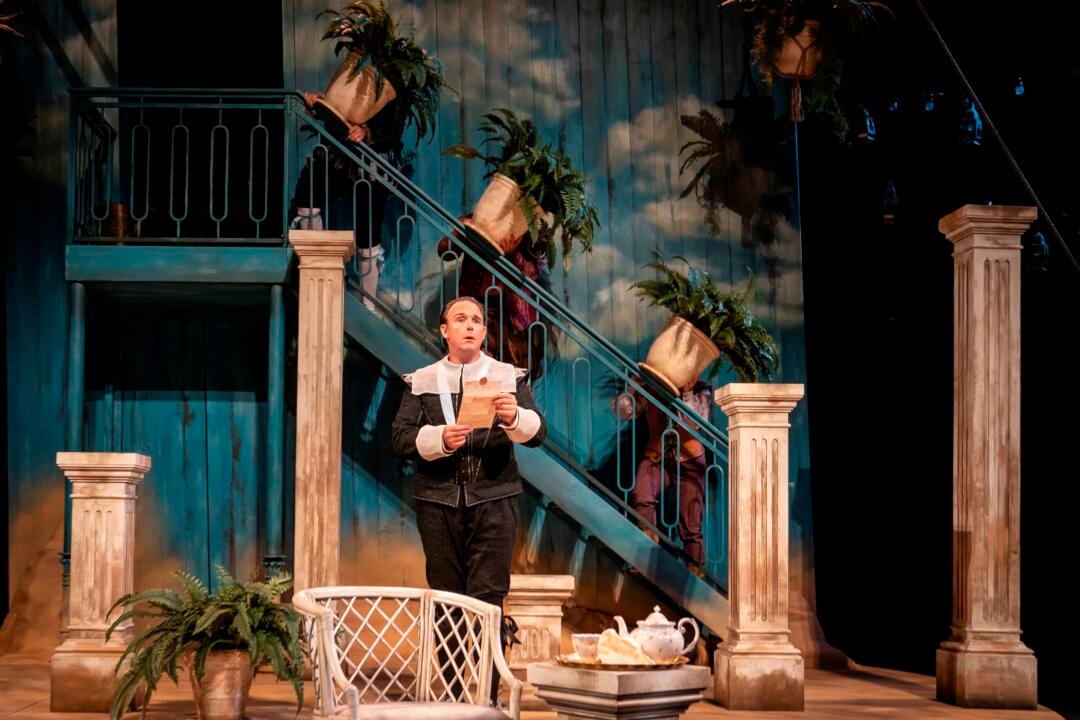CHICAGO—While David Henry Hwang’s “Chinglish” amused us with misunderstandings between Chinese and American businesspeople, British playwright Lucy Kirkwood’s “Chimerica” has a different end in mind. For Americans, at least, she asks what we really stand for in relation to China.
We are reminded that the Chinese Communist Party (CCP) simply beats up, tortures, or kills anyone who challenges its authority or strays too far from its distortion of facts to maintain a facade.

Photojournalist Joe Schofield (Coburn Goss) embarks upon a global quest to find the Tiananmen Square "Tank Man" in TimeLine Theatre's production of "Chimerica." Lara Goetsch

